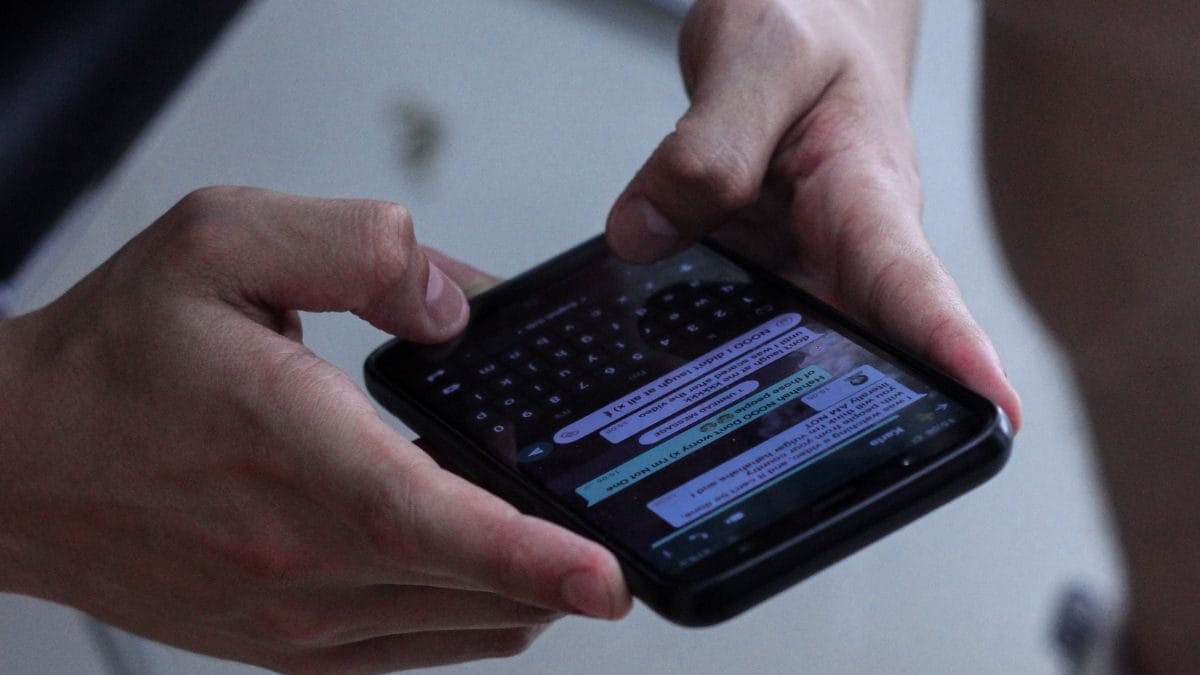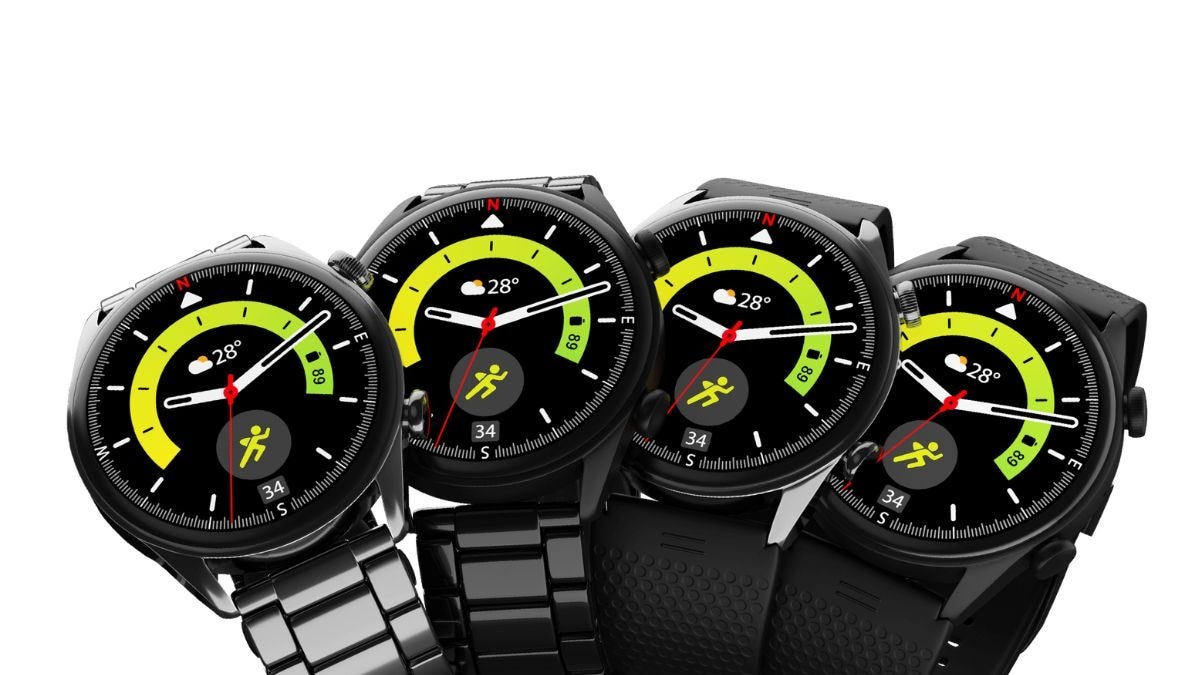PCBs Resist Corrosion
Corrosion is the chemical process that happens when oxygen bonds with metals, and it can cause them to lose their useful properties. It is a very common problem for printed circuit boards, which are made mostly of copper and other base metals that are prone to oxidation. Fortunately, there are steps you can take to prevent corrosion and protect your PCBs from damage.
The first step in preventing pcba circuit board corrosion is to minimize the amount of moisture that comes into contact with your components and traces. You can do this by avoiding working in humid environments and using conformal coatings to keep moisture away from the surface of your circuit board.
Another way to minimize corrosion is by using proper design techniques. This includes minimizing the number of components that are placed too close together, which can trap moisture and lead to corrosion. It is also important to use materials that are resistant to corrosion, such as gold and other noble metals. These materials cost more than copper, but they offer a higher level of conductivity and will not corrode as quickly.
In addition to limiting the amount of moisture that can reach your circuit board, you should use proper manufacturing and storage techniques. You should store your circuit boards in a clean, temperature-controlled environment and use clean tools when handling them. These steps can reduce the rate at which your circuit boards corrode and help them last longer.

How Do PCBs Resist Corrosion?
There are several different types of corrosion that can occur on a circuit board, and the most damaging of these is pitting corrosion. This type of corrosion causes holes or cavities in the copper components of your circuit board. The damage can disable a portion of your device, and it is hard to repair once it occurs.
Other types of corrosion include general attack, which is a form of oxidation that happens when a base metal such as copper contacts air and water. This corrosion will eventually break down the metal and make it brittle. It can also affect electrical conductivity, which can cause your device to malfunction.
Localized corrosion is a specific type of corrosion that affects a small area on a circuit board. It can be caused by flux residues, cleaning solutions, and other contaminants. It is a serious problem for PCBs, and it can cause the deterioration of the surface finish on the board.
Other types of corrosion include electrolytic corrosion, which is caused by ionic liquids or electrolyte solutions. This kind of corrosion can short out your circuit board if two neighboring traces are touched by ionic contamination. This will create metal slivers that can bridge the two traces and cause a short circuit.



